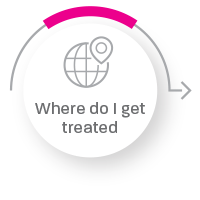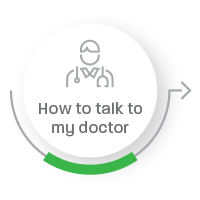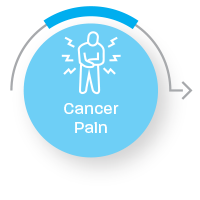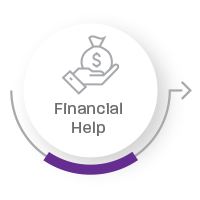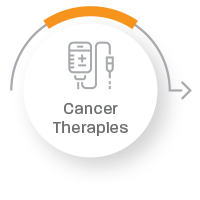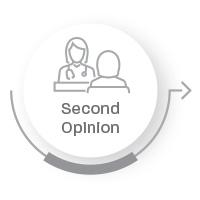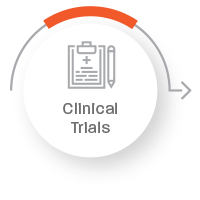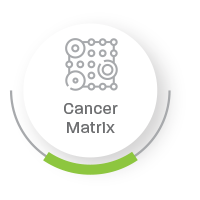Cancer Pain
Cancer Pain
Pain is a common part of the cancer journey, but it should never be ignored or accepted as something you just have to live with. Pain can come from the cancer itself, treatments like surgery or chemotherapy, or from nerve damage. Everyone experiences pain differently, and there are many ways to help manage it.
You don’t have to “tough it out.” There are medications, physical therapy, relaxation techniques, and even specialized care like palliative care that can help. Cancer GPS helps you understand your options and reminds you: you deserve comfort and relief—no one should suffer in silence.
Useful Links
FAQ
Is cancer pain normal?
Yes, pain is common during cancer treatment. But just because it’s common doesn’t mean you should ignore it. Pain can affect your sleep, mood, and ability to heal. Always tell your care team about any pain you’re having—they can help you feel better.
What medicines are available?
There are many types of pain medicine:
- Mild pain: Tylenol (acetaminophen) or ibuprofen.
- Moderate to severe pain: Stronger medicines like opioids (morphine, oxycodone).
- Nerve pain: Special medications like gabapentin or duloxetine. Your doctor will help choose the right medicine based on your pain and health history.
Will I get addicted if I take opioids?
When opioids are used for cancer pain and managed by your doctor, addiction is very rare. These medicines are safe when taken as prescribed. If you’re worried, talk to your doctor—they can explain how they monitor your safety.
What other options help?
Besides medicine, you can try:
- Massage therapy
- Acupuncture
- Relaxation techniques like deep breathing or meditation
- Gentle exercise or stretching These can help reduce pain and improve your mood and energy.
How do I talk to my doctor about pain?
Be specific. Tell your doctor:
- Where the pain is
- What it feels like (sharp, dull, burning, etc.)
- When it happens (all the time, only at night, etc.)
- How bad it is (rate it from 0 to 10) This helps your doctor understand and treat your pain better.
Does pain mean my cancer is getting worse?
Not always. Pain can come from treatments, nerve damage, or other causes. It’s important to talk to your doctor so they can figure out what’s causing it and how to help.
What is nerve pain?
Nerve pain feels different from other types of pain. It might feel like:
- Burning
- Tingling
- Shooting or stabbing pain It often happens after certain chemotherapy drugs or surgeries. There are special treatments that can help.
Is palliative care only for the end of life?
No. Palliative care is for anyone who needs help managing pain, symptoms, or stress—at any stage of cancer. It’s about improving your quality of life, not just end-of-life care.
Can exercise help pain?
Yes, gentle movement can help reduce stiffness, improve circulation, and boost your mood. Talk to your doctor or physical therapist about safe exercises for your condition.
What should caregivers know?
Caregivers play a big role in pain management. They should:
- Watch for signs of pain (like grimacing, restlessness, or changes in mood)
- Encourage you to speak up about pain
- Help keep track of medications and side effects
- Support you emotionally and physically

How AskBernie Helps
Pain can be hard to talk about—but AskBernie is here to help. Bernie can:
- Explain pain management options in plain language, including medications and non-medication therapies.
- Help you prepare questions to ask your doctor about pain.
- Show you how to describe your pain clearly so your care team understands.
- Offer tips for caregivers on how to support you and manage medications safely.
- Help you understand what palliative care is and how it can improve your comfort.
AskBernie is your guide to feeling heard, supported, and cared for—because no one should have to suffer in silence.

Help Support Cancer GPS
Cancer GPS is a 501(c)(3) organization, and your donations allow us to keep providing services to cancer patients and their families. Thank you for your continued support.
